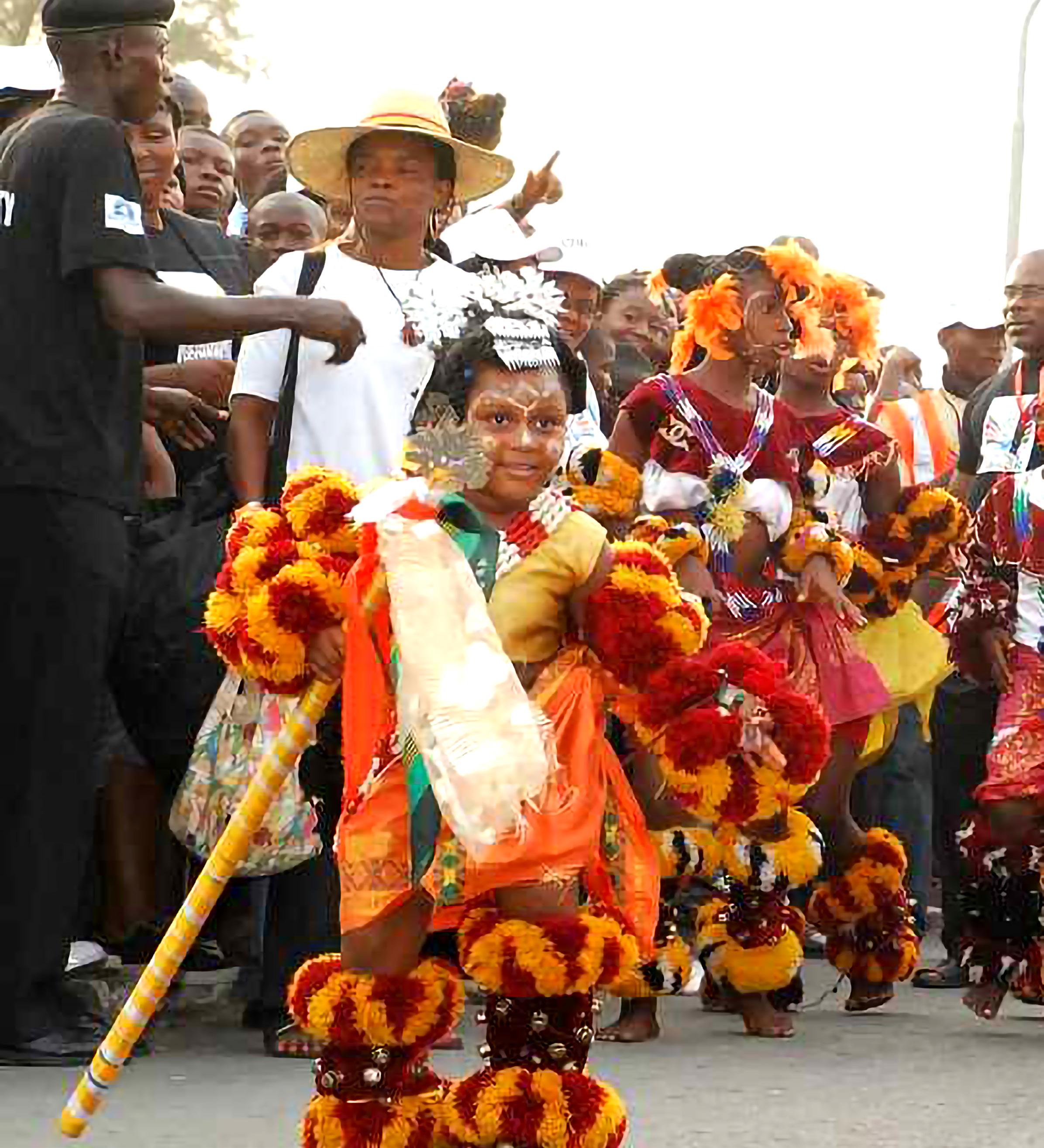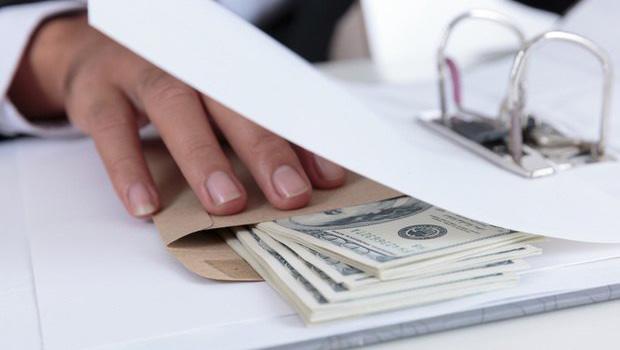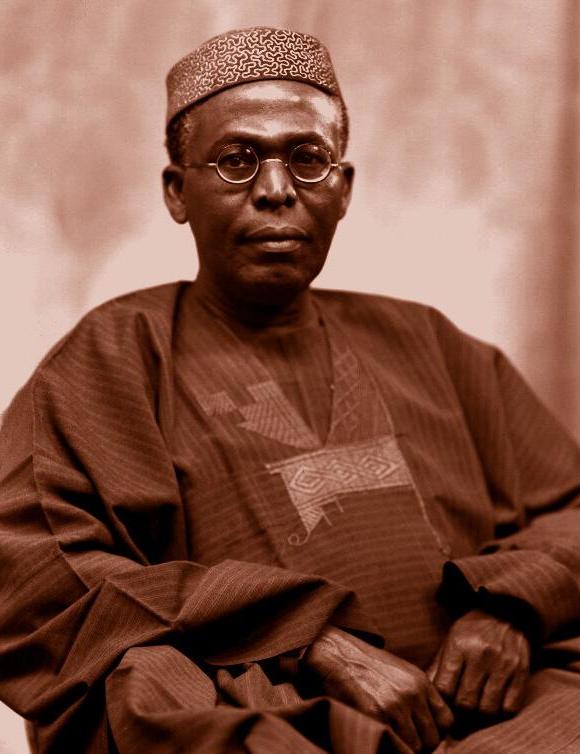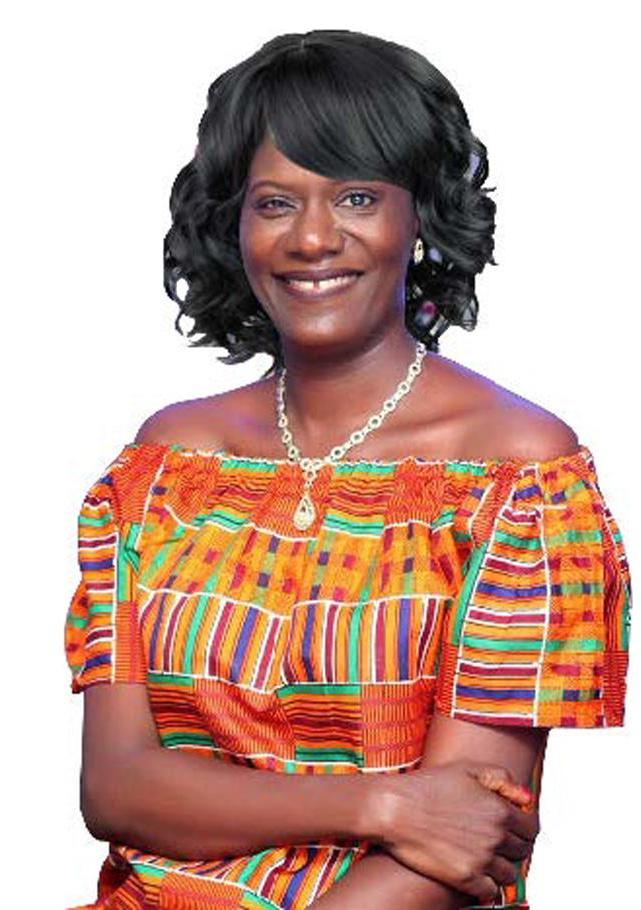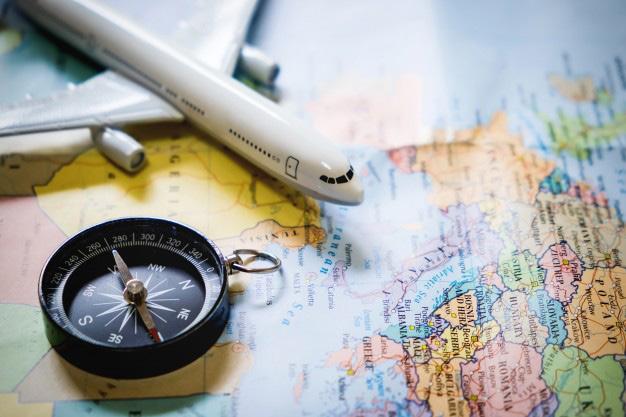ESSENTIALS
BEFORE YOU
GO
Currency
When to visit! Nigeria can be visited all year round but the traveller planning a visit should take the following into consideration: rainfall, particularly in the south, between May and September. Rainfall can be heavy in June and can cause some inconveniences. Temperature ranges from 23–31°C in the south, with high humidity and much higher in the north. A cooler, but dusty harmattan season usually stretches from December to January.
Nigeria’s currency is the naira (N) which is divided into 100 kobo. Currency notes are issued in denominations of N5, N10, N20, N50, N100, N500 and N1000. Coins are issued in 10K, 25K, and N1. Except for hotel bills in some hotels, foreigners can do their shopping and other business in the local currency. There are a number of Bureau De Change and banks at each international airport where the visitor can convert from local to foreign currency, and vice versa. Major banks with international branches operate electronic money transfer services, and it is safe to use your credit cards for your hotel bills and at other recognised outlets.
Entry formalities
Visitors from the Commonwealth countries as well as other nations require an entry permit, obtained in advance, and the application should be supported by a letter of invitation and a return ticket for the journey. Processing will take at least two days.
Currency regulations
Language
English is the official language of Nigeria and it is used at all levels of administration, law, commerce and education. It is spoken with varying degrees of fluency by 50% of the population, making Nigeria the largest English speaking country in Africa. However, there are three major ethnic languages: Hausa - mainly spoken in the North; Yoruba - spoken in the West; and Igbo - spoken in the East. Another widely spoken language in Nigeria is the Pidgin English (though with varying regional influences on dialect and slang). Other Languages include Kanuri, Edo etc. 18
cometonigeria
Fourth Quarter 2020
There are no restrictions on importation of foreign currency. A currency declaration is however required both on arrival and departure, for large sums of money in excess of US$5,000.00. Import or export of Nigerian currency is strictly limited to N5.000 (five thousand Naira only). Hotel expenses or bills may be paid for in foreign currency. Personal baggage up to 20 kilograms and belongings such as cameras and laptops for the use of bonafide visitors are admitted free of duty. In addition, 200 cigarettes or 50 cigars or 225 grams tobacco are allowed. The importation of illegal drugs is punishable by a jail term.
Vaccination
An international vaccination certificate against yellow fever (10 years) is required. Cholera (six months) is also required if coming from an infected area. Prophylactic anti-malaria and TB inoculation are recommended. Nigeria is a tropical country and therefore, it is necessary to protect yourself against malaria. It is advisable to take recommended medication from your country of departure. The most recommended drug for use in Nigeria is Chloroquine Phosphate taken once a week. To be started two weeks before departure and continued throughout the stay here until two weeks after returning.
www.cometonigeria.com










